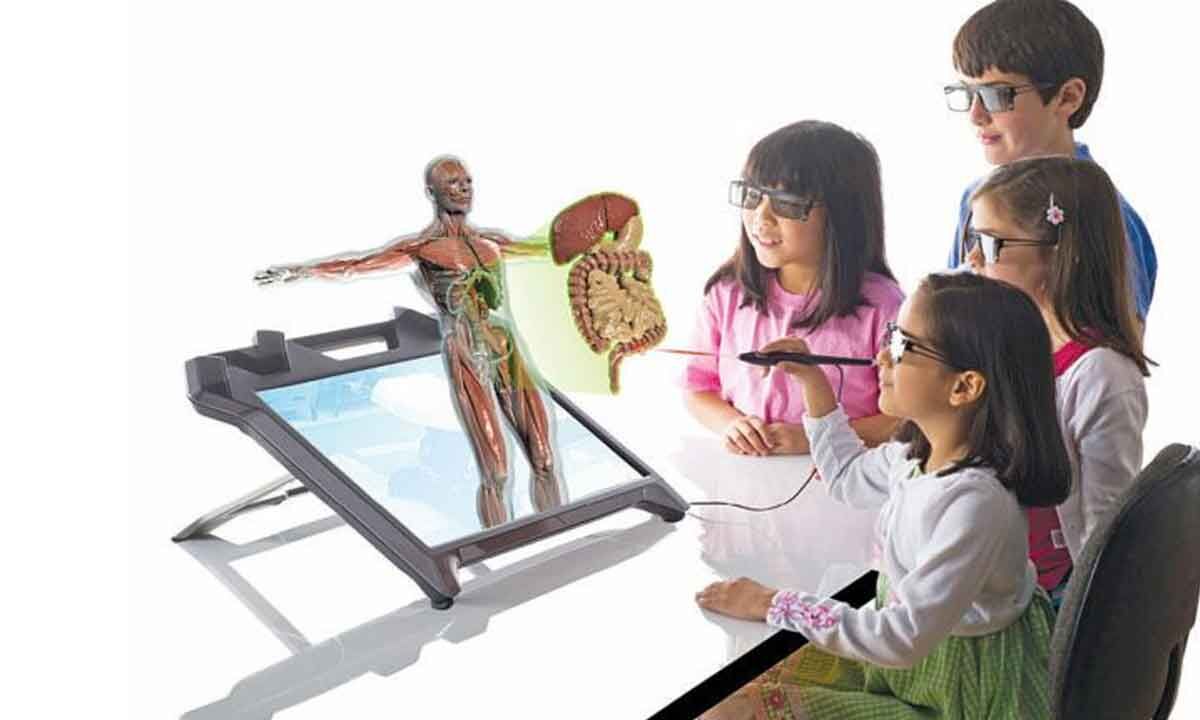Exploring the Transformative Potential of AR & VR in Education: Immersive Learning Experiences, Engagement, Accessibility, and Collaboration
The landscape of education is rapidly evolving, thanks to the integration of augmented reality (AR) and virtual reality (VR) technologies into classrooms. These cutting-edge tools are not just enhancing traditional teaching methods; they are revolutionizing the way students learn and educators teach.
Immersive learning experiences are at the forefront of this transformation. With VR simulations, students can step into historical events, dissect virtual frogs in biology class, or explore the inner workings of the human body. These interactive experiences go beyond what textbooks and documentaries can offer, providing a deeper understanding of complex subjects.
Moreover, AR and VR are boosting engagement and motivation in students. By creating visually stimulating and interactive environments, these technologies capture students’ attention and encourage active participation in the learning process. This increased engagement leads to improved focus, knowledge retention, and a more positive attitude towards learning.
Accessibility and differentiation are also key benefits of AR and VR in education. Students with special needs can benefit from VR simulations that provide safe environments for practicing social skills or overcoming fears. AR tools can cater to diverse learning styles by overlaying text with audio descriptions or translating languages in real time. Additionally, educators can personalize lessons to meet individual student needs, ensuring that all students are challenged and supported in their learning journey.
Collaboration and communication skills are further enhanced through AR and VR. Students can work together on virtual projects, engage in discussions within VR simulations, and participate in collaborative activities that promote teamwork and critical thinking. These skills are essential for success in the modern workplace, making AR and VR valuable tools for preparing students for the future.
In conclusion, AR and VR technologies are reshaping the landscape of education by providing immersive learning experiences, boosting engagement, promoting accessibility, and nurturing essential 21st-century skills. As these technologies continue to evolve and become more affordable, we can expect them to play a central role in shaping the future of education.
